Rules of the Game, The / Régle Du Jeu, La (1939)
“Some people are really clumsy with their guns.”
|
Synopsis: |
|
Genres, Themes, Actors, and Directors:
Response to Peary’s Review: Peary points out that “as the men fight over the women, the women’s attentions turn elsewhere” and that “the slapstick nature of foolish men going at each other is diversionary, meant to seem like a counterpoint to [the] earlier brutal rabbit-pheasant hunt.” He argues that “Renoir intended to present us with several [types of] romances that [the] French have pride in,” including “a hero who runs off with a lonely married woman whose rich, unfaithful husband was undeserving of her.” However, the “surprisingly bleak, cynical ending” shows us that “for those who are driven by hearts and emotions, there is tragedy — those who survive unscathed are those sly devils who have money or those stupid brutes who have guns in their hands.” Peary finishes his review by noting that while this is “regarded as Renoir’s masterpiece,” it’s “not for all tastes (including [his] own) despite interesting themes.” I think I’m a slightly bigger fan of this darkly satirical romantic farce than Peary. I appreciate Dalio and Gregor’s performances as a couple who clearly understand the spirit of their marital arrangement: … and Dubost as a romance-loving maid who confidently asserts, “My husband’s no trouble” (in terms of her having casual lovers on the side), yet comes to a rude awakening about the depth of his jealousy. The hunting sequence is keenly handled, both in terms of showcasing class relations and in setting up a key narrative turning point: Given how many guns are waved around by dozens of individuals, we know that one will eventually — as Chekhov dictates — go off (and not simply to kill a rabbit), but we’re kept in suspense about when and how this will happen. Meanwhile, slapstick and lighthearted fun are expertly mixed with pathos and — as Peary notes — tragedy. Note: Be forewarned that casual racism and antisemitism are present to an extent that was likely (sadly) common for the time. Redeeming Qualities and Moments:
Must See? Categories
(Listed in 1001 Movies You Must See Before You Die) Links: |
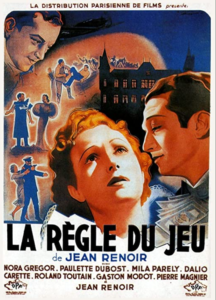
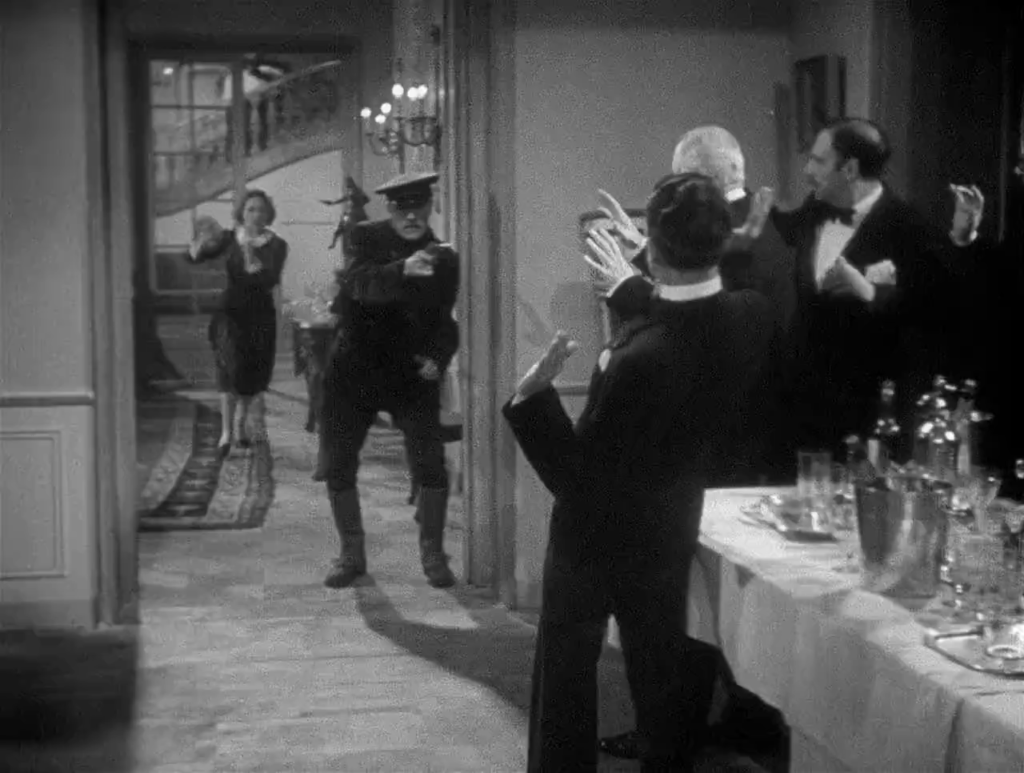
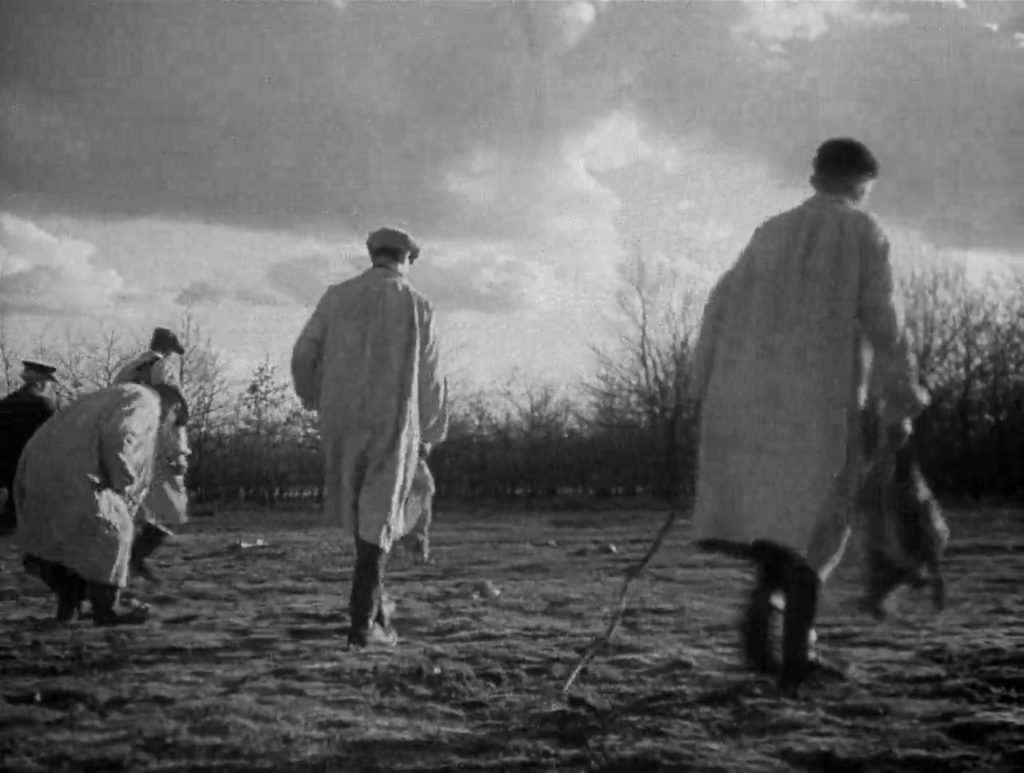
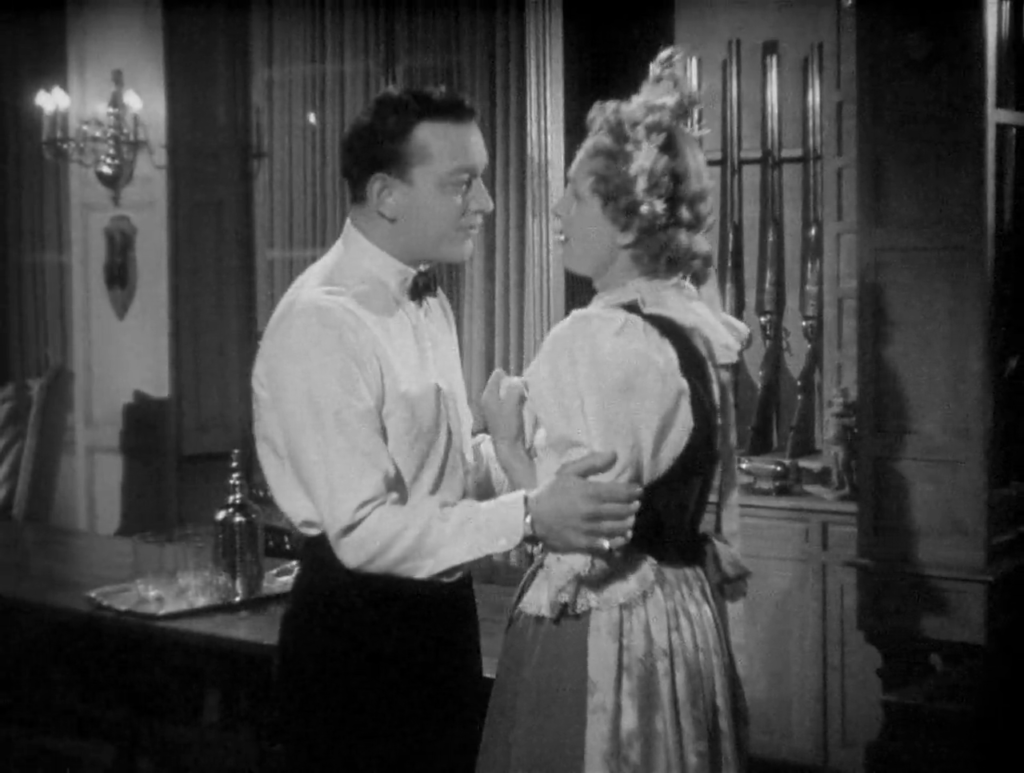
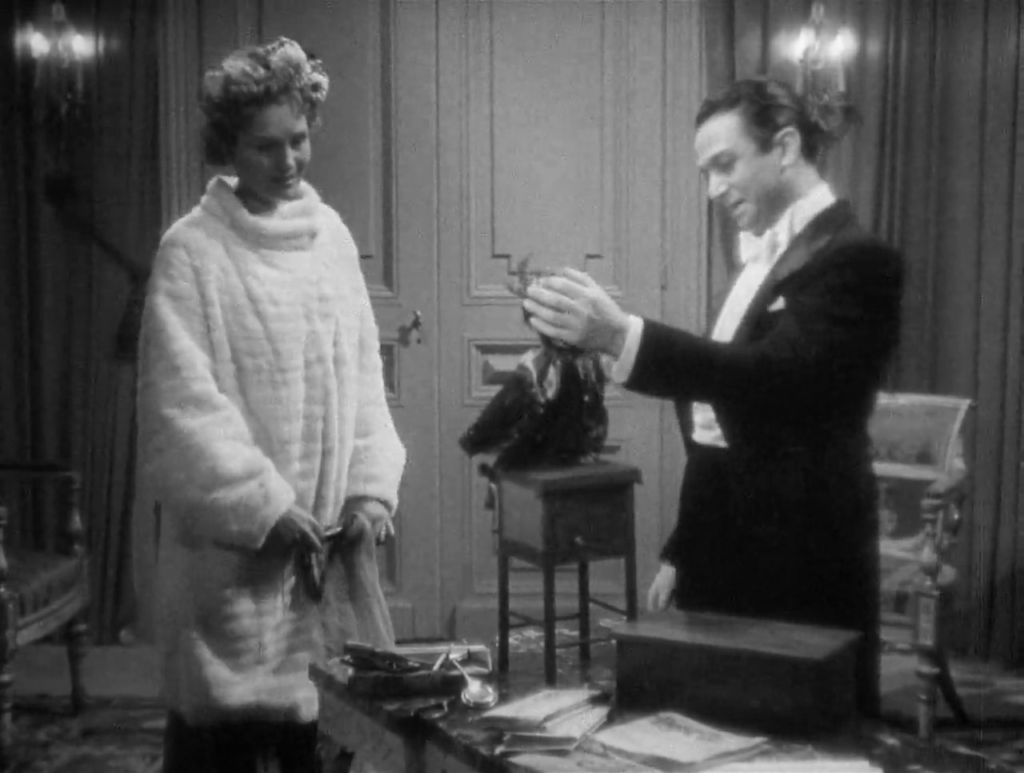
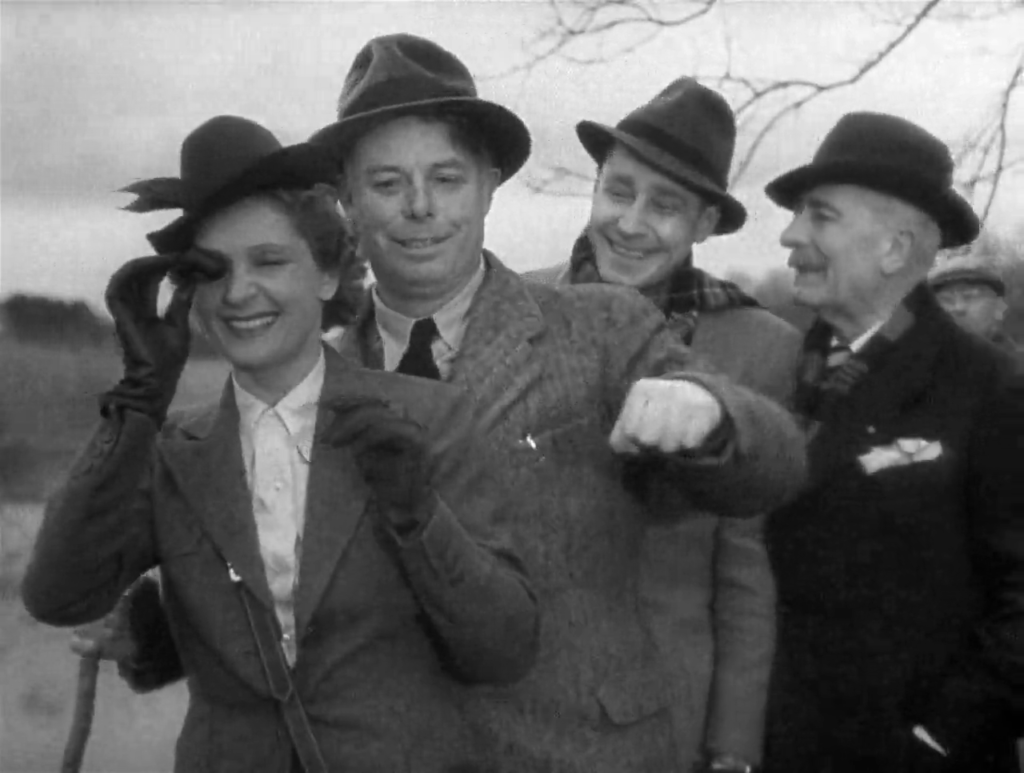
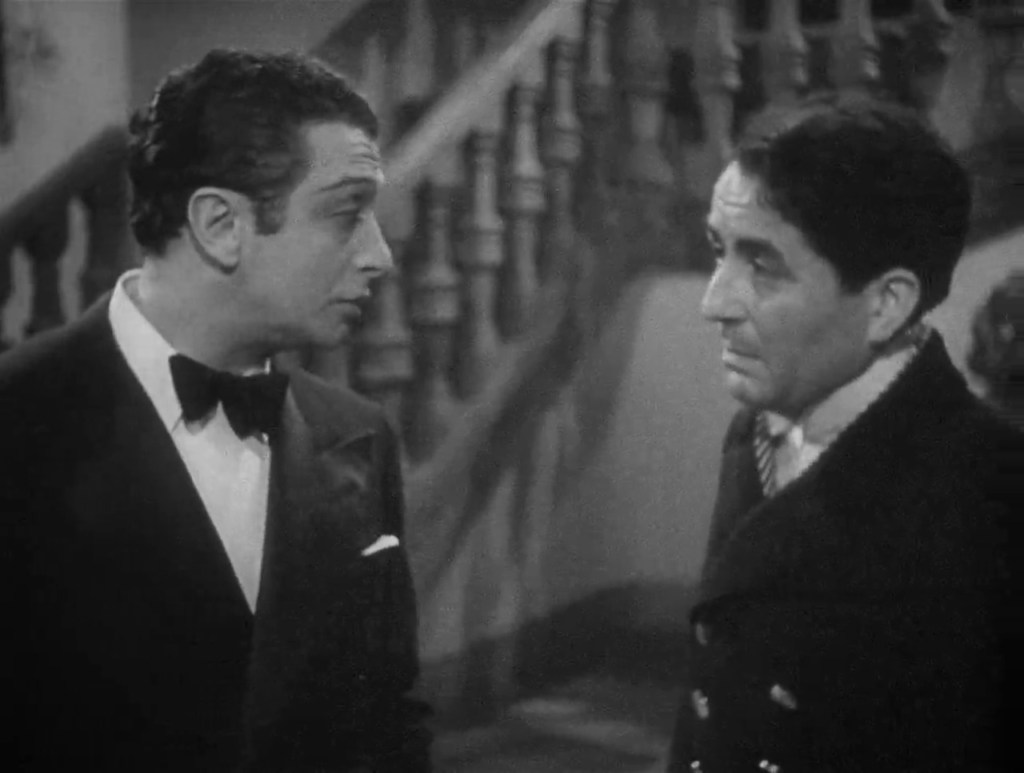
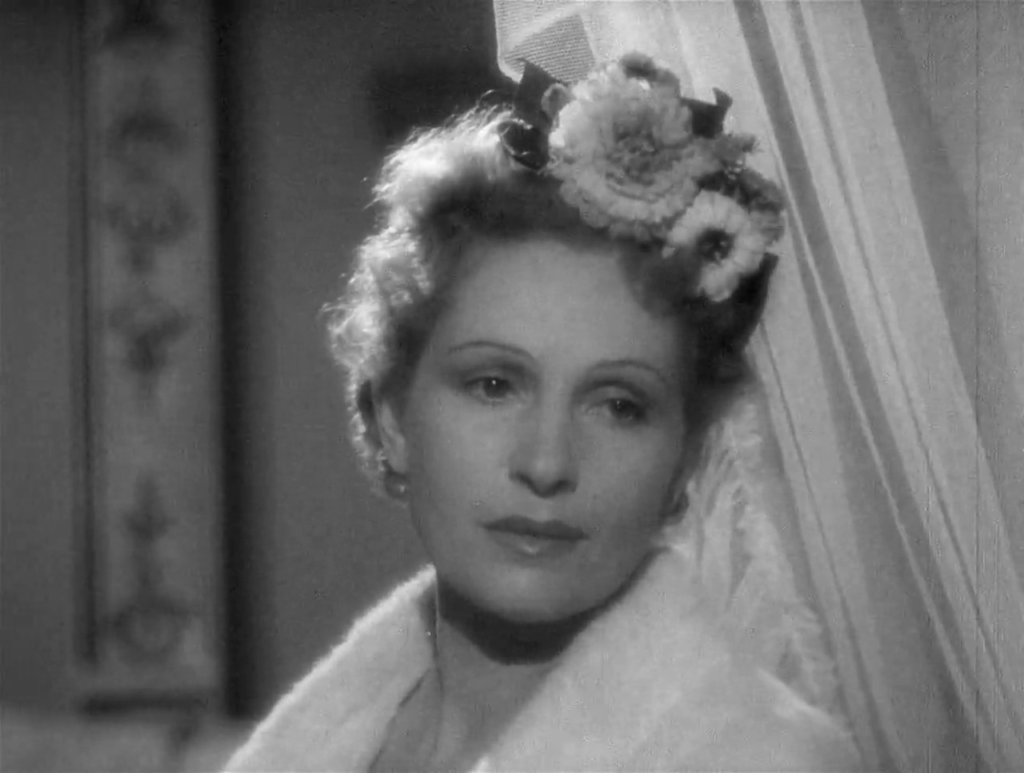
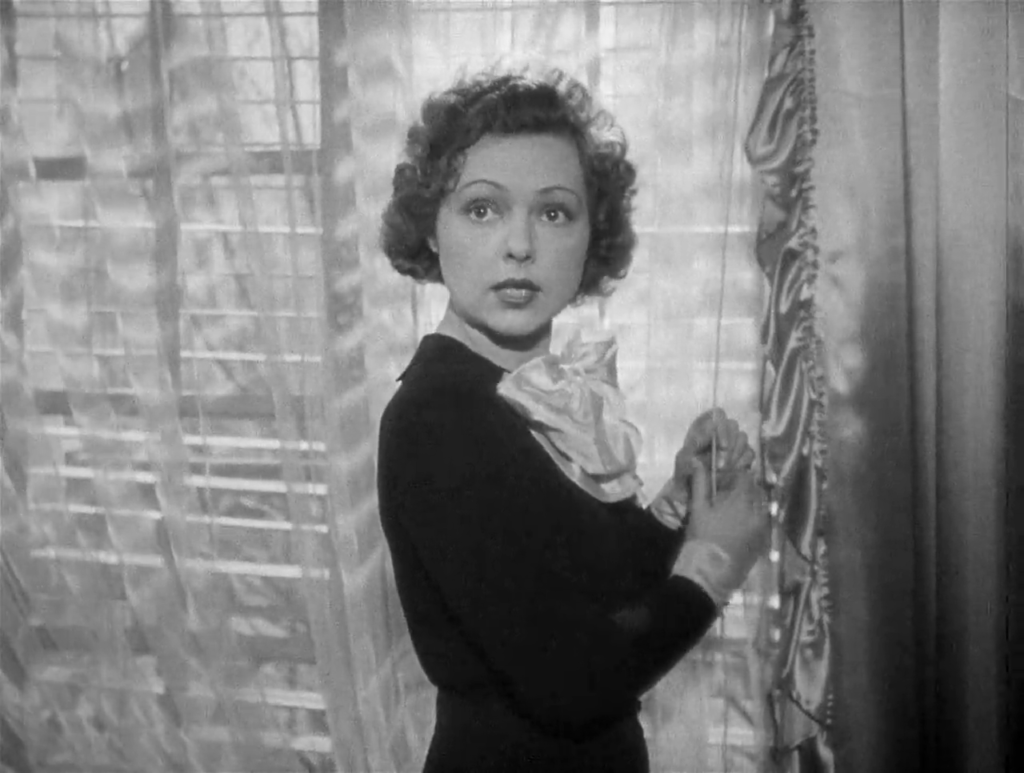
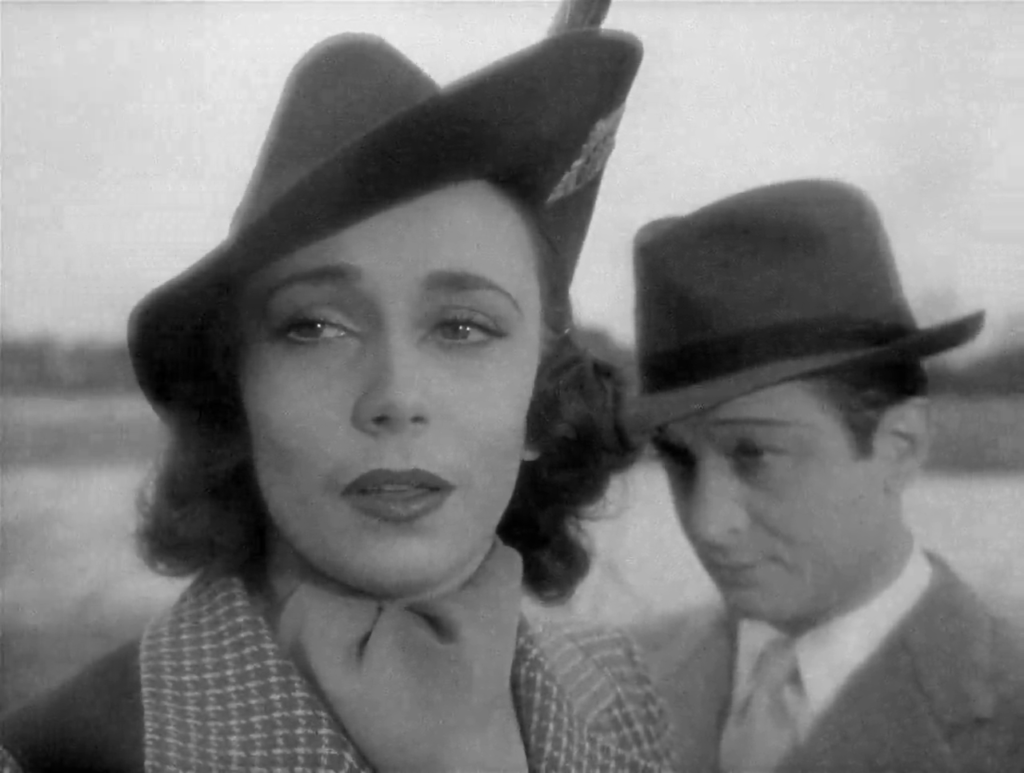
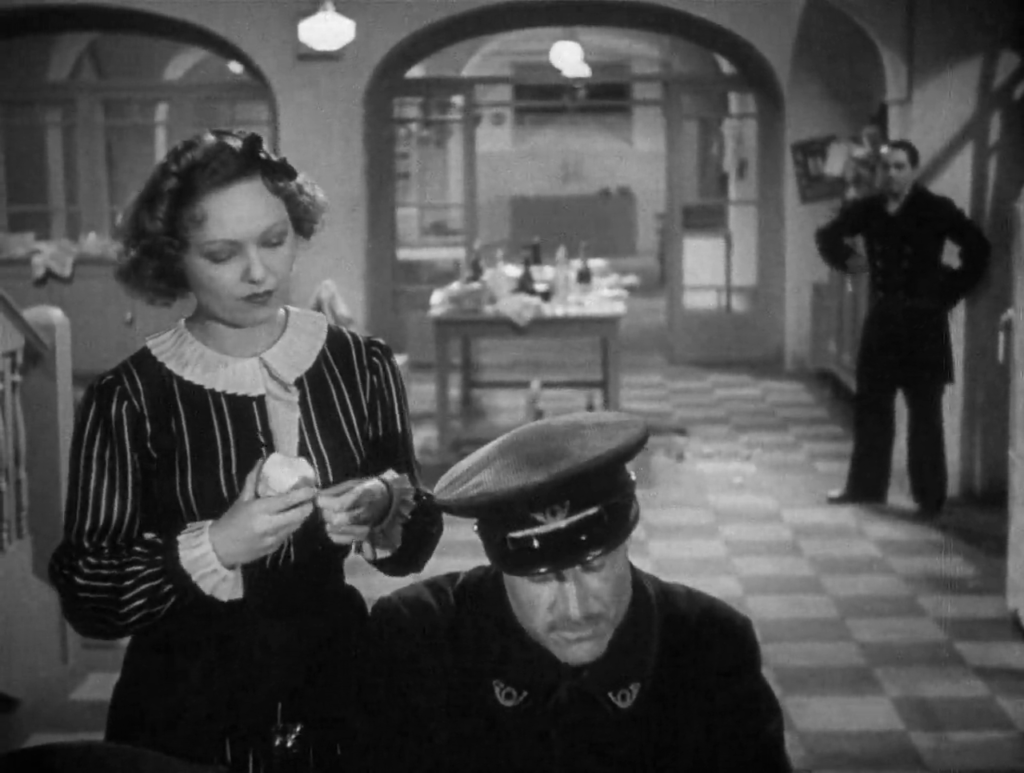
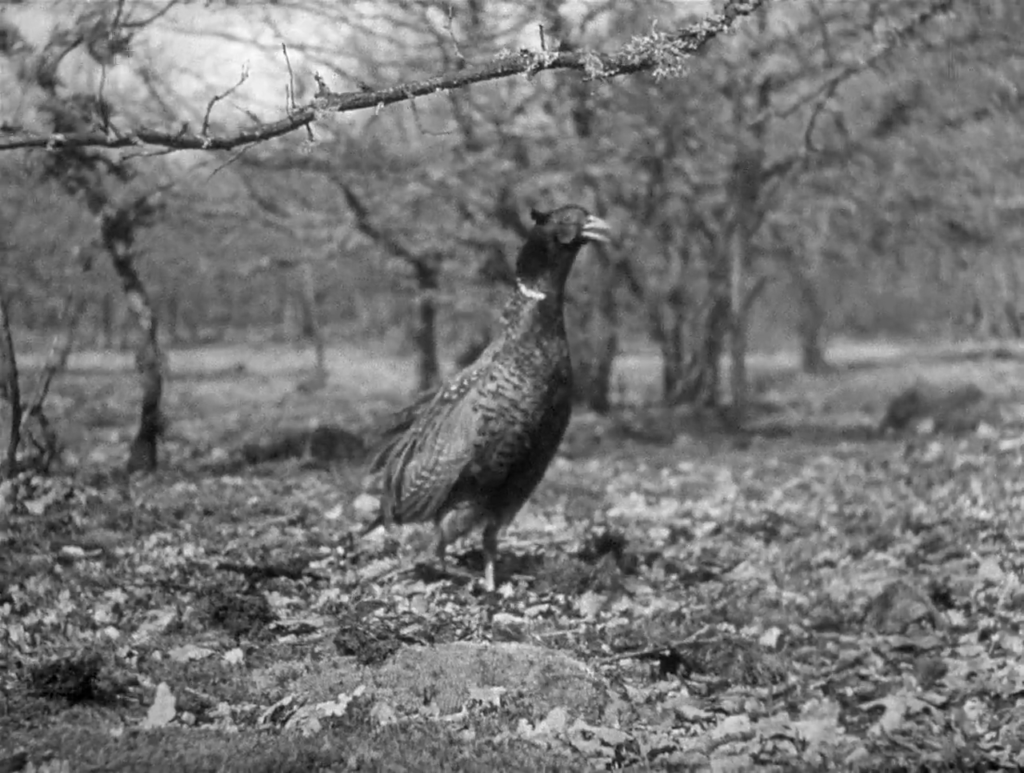
One thought on “Rules of the Game, The / Régle Du Jeu, La (1939)”
Not must-see.
The first time I saw this film, I couldn’t see why it was held in such high regard. Now that I’ve seen it again, I still don’t see why it’s held in high regard.
I find it quite tedious.